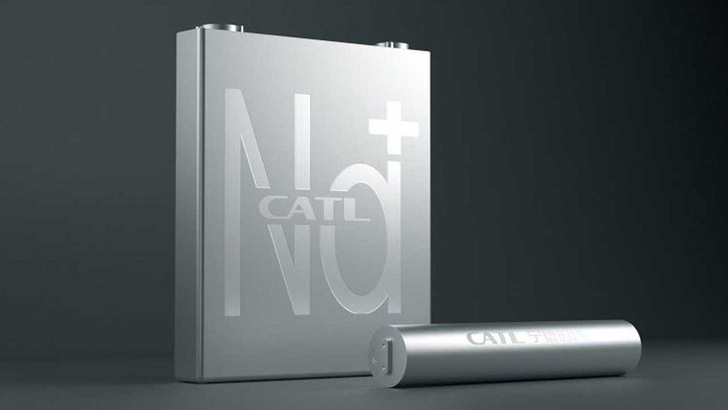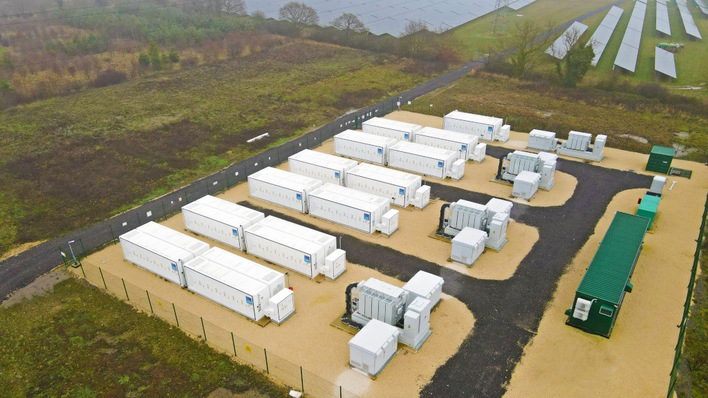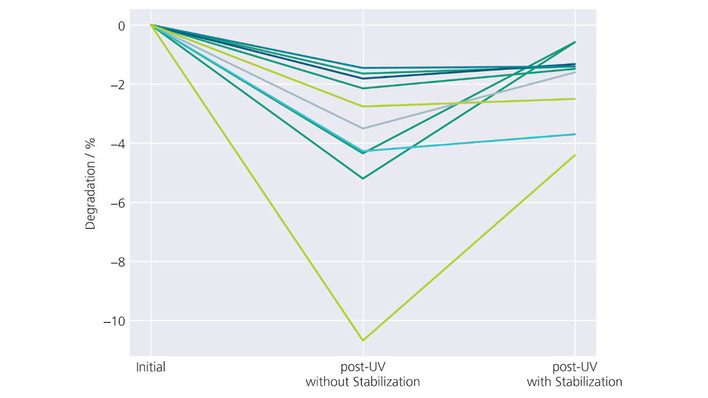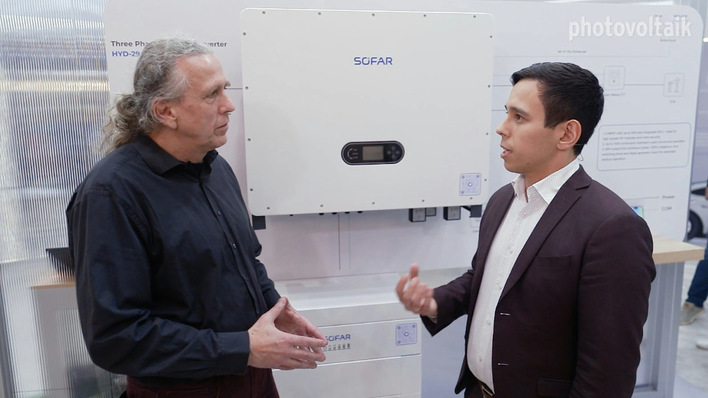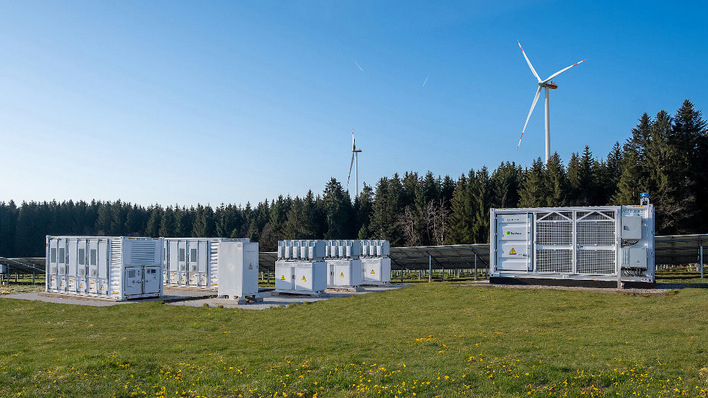In a new study, researchers from the Fraunhofer Research Fabrication Battery Cell (FFB) facility have investigated the potential and market development for sodium-ion batteries (NIB). These batteries are seen as a complement to the lithium-ion storage units used to date. This is because they have some advantages but also some limiting characteristics.
Sodium is easily available
For example, sodium is available in almost unlimited quantities as an electrolyte material in the form of sodium chloride or sodium carbonate (soda) and is therefore very cheap. Lithium, on the other hand, is usually mined in remote regions and is only available in limited quantities as a material. Accordingly, some battery manufacturers are already working on the sodium alternative.
Production capacities are increasing
The first producers have already started manufacturing. Others are still working on prototypes. In their environment report, which was produced together with the Fraunhofer Institute for Production Technology (IPT) and the PEM Chair at RWTH Aachen University, the researchers assume that the annual production capacities of sodium batteries will increase to 75 gigawatt hours by 2030. This figure, in turn, is based on globally announced production capacities of the manufacturers.
Well suited as stationary storage units
In addition to the technological development aspects and the market development, the researchers also address the possible applications for sodium-ion storage units. For here, limits are still apparent at present. "The lithium-ion batteries that are already ready for the market have a significantly higher mass-related energy density than the sodium-ion batteries, so they can cover a broader range of applications," explains Moritz Schaefer, research associate in the Materials Group at Fraunhofer FFB.
Also interesting: How will the global battery industry adapt to the future?
"However, the two technologies are by no means in competition with each other, but serve a strong growth market synergistically. Especially for urban mobility solutions and home storage, sodium-ion batteries can be an attractive solution due to their potentially more cost-effective price." Nevertheless, the researchers see the main application in stationary storage units and batteries for power tools.
The complete market and development report on sodium-ion batteries is available for download (in German) on the Fraunhofer FFB website. (su/mfo)
Here is a very informative feature on sodium-ion batteries that the Fully Charged Show did a little over a year ago:


